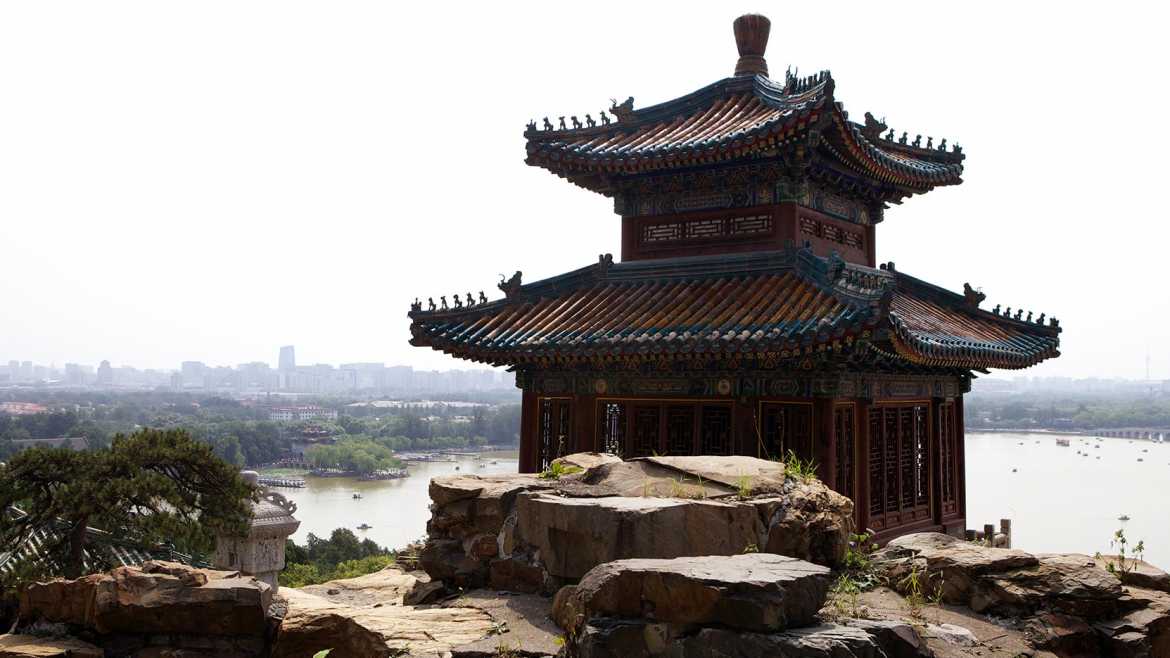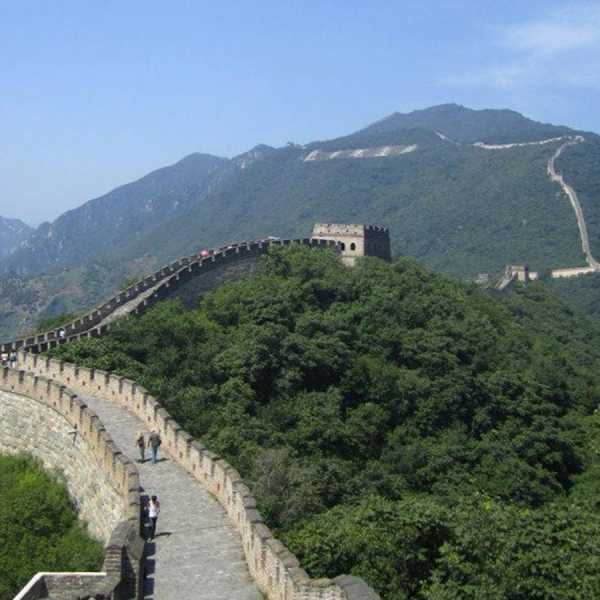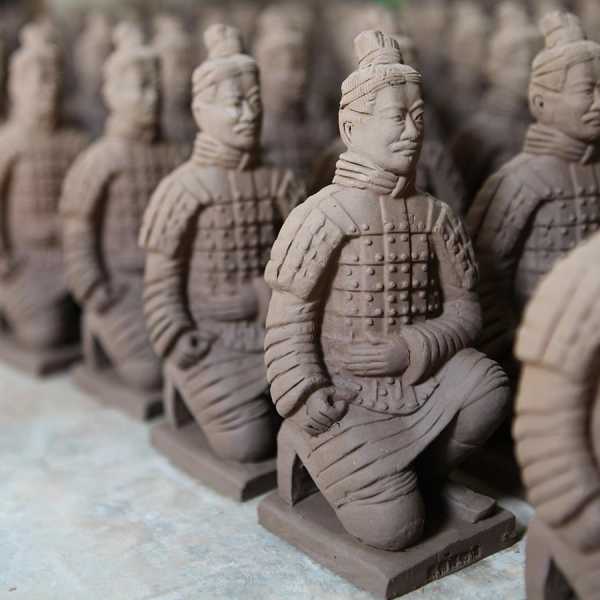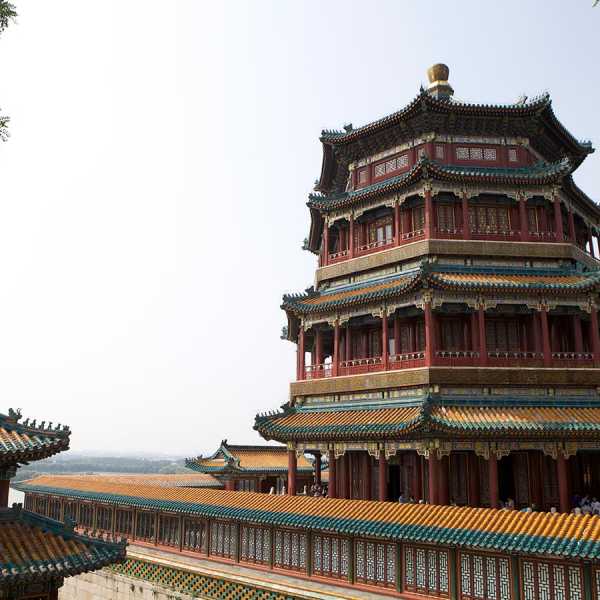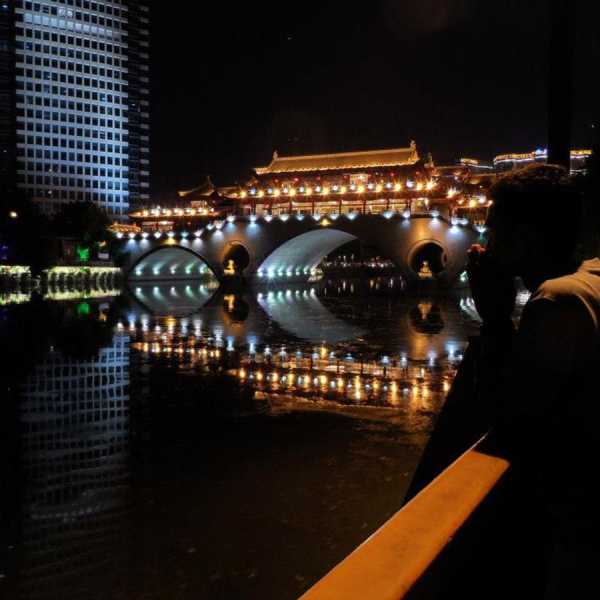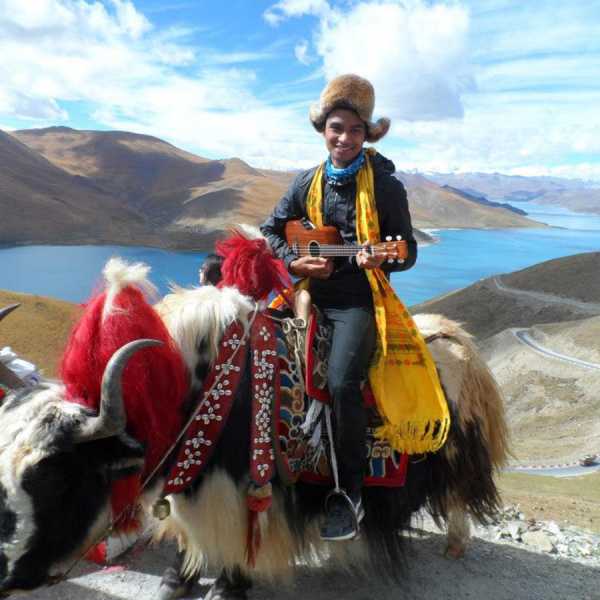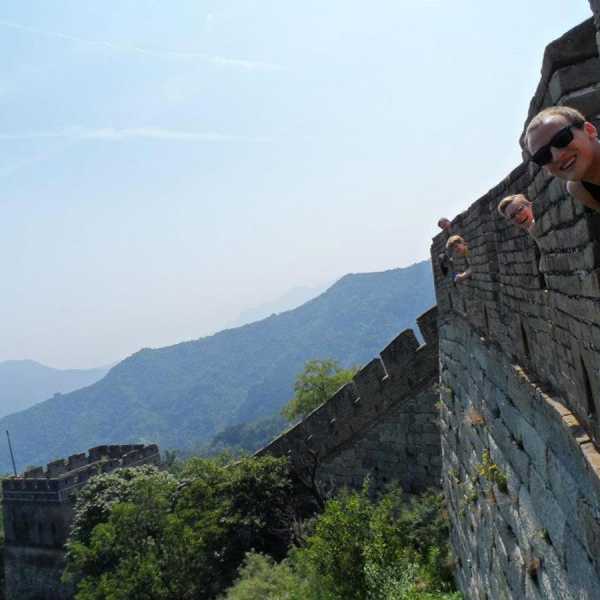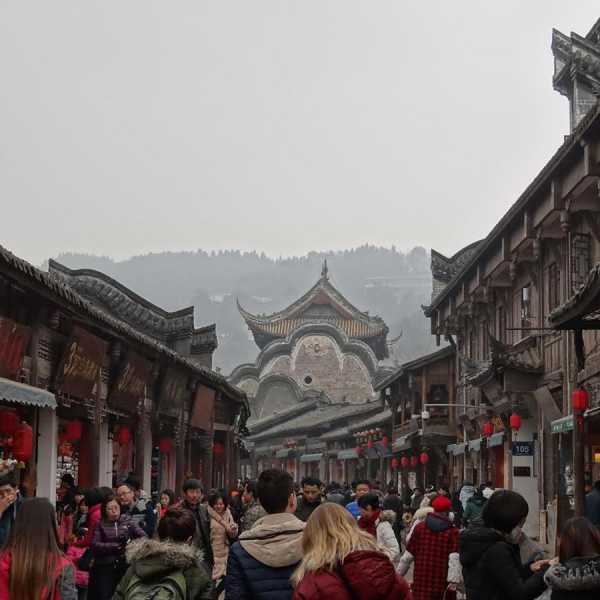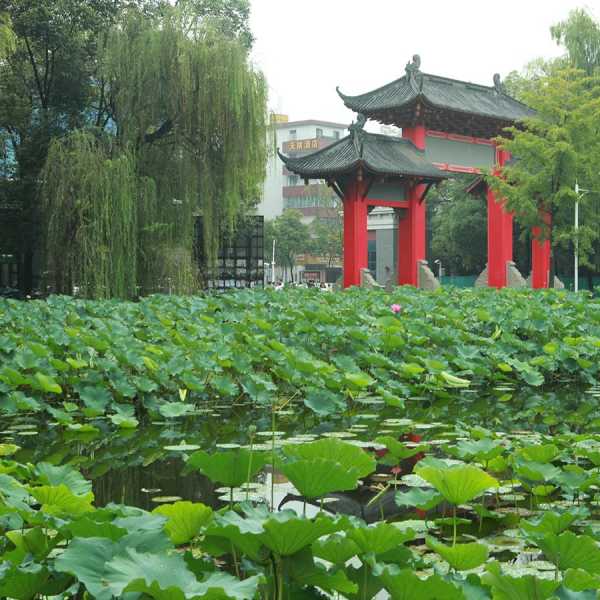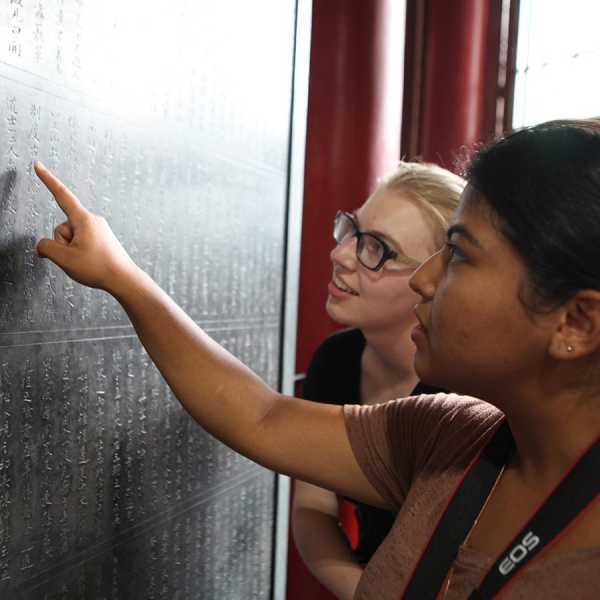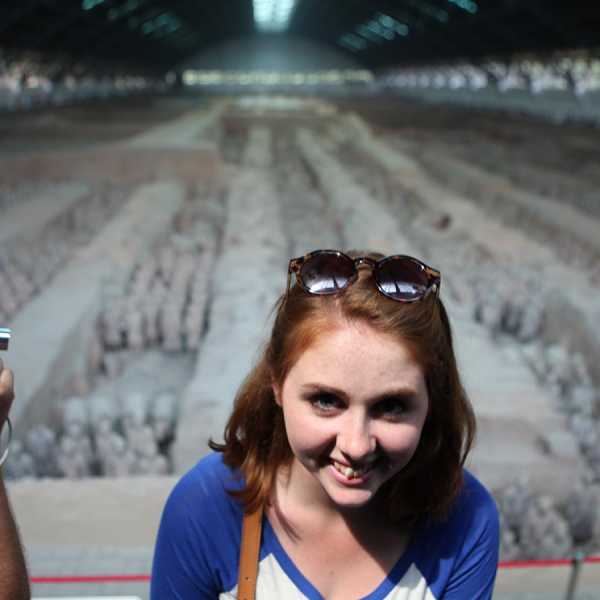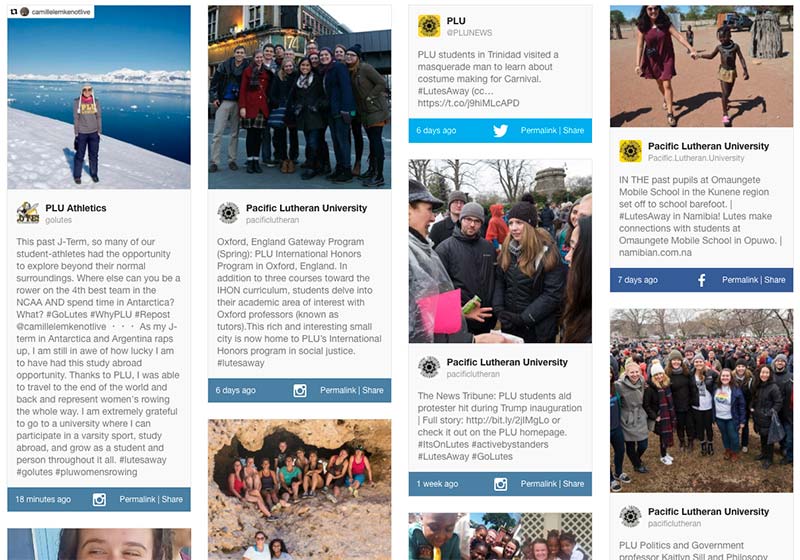China
Chengdu, China, study away program immerses students ‘off the beaten path’
Professor Paul Manfredi says Pacific Lutheran University’s longstanding educational partnership with Chengdu, China, is more important than ever.
PLU was among the first institutions to begin a study away program there. It started small in the early 1980s, just as the United States and China were beginning a new era of diplomatic relations after decades of Cold War enmity.
Eventually, it grew into the healthy cultural exchange it is today.
“China is so fundamentally important to where things are going,” said Manfredi, the program director.
Tamara Williams, executive director of the Wang Center for Global Education, says the China program gives students the opportunity to learn about a global superpower from the inside. The experience epitomizes all of PLU’s study away programs that carry the Gateway label.
Gateways are defined by a “commitment to long-term partnerships,” Williams said, an open door that meets the educational needs of both places.
“The door swings both ways,” she said.
Wang Wenhao has found himself on both sides of that door throughout his lifetime.
Wang, who graduated from PLU in 1988, is a semi-retired English professor in China who prepares students to go abroad, including those coming to his alma mater.
CHENGDU, CHINA
Students in the program, which is open to all majors and language levels, take courses at Sichuan University in western China.
He was one of the first Chinese students to come to PLU.
“At that time it was extremely hard for Chinese to go abroad,” he recalled. “I’m one of a lucky group, I was chosen as a student to go to PLU.”
Wang originally arrived as a short-term visitor. But when he learned he could complete his master’s at PLU, he worked as a Chinese instructor while pursuing his degree.
Outside the classroom, Wang was able to experience the culture of the Pacific Northwest. He fondly recalled going clamming and learning to steam his catch. He also explored the wilderness, visiting Mount Rainier and learning to forage for mushrooms.
That’s exactly what PLU students enrolled in the Chengdu Gateway do when they arrive on Wang’s side of the globe — explore the surroundings of their temporary home.
The program includes intensive study tours, during which students visit Buddhist temples, monuments, rural farms and other culturally significant sites.
“The study tour at the beginning exposes you to what China is before you actually have to sit down and start studying,” said Devon Johnson ’17, a mathematics major who studied in Chengdu in fall 2015. “It helps get all your excitement out and satisfies your need to travel so when you get to Chengdu you’re ready to settle down and make that city your new home.”
Johnson said China is often presented in the U.S. as an enigma. But firsthand experience helps you understand the complexities, she says.
“Sometimes you just have to take the leap and go for it and put yourself in that environment,” she said. That immersion, she says, “can help inform the rest of your life.”
Manfredi stressed that it isn’t unique for college students to study in China; many institutions have programs based in the two major cities in the eastern part of the country — Beijing and Shanghai.
PLU’s program, however, is located in western China, in Sichuan’s provincial capital. That, he says, is distinct.
“It’s far from those cosmopolitan centers,” he said. “It’s somewhat off the beaten path, though maybe a little bit less so since we started the program.”
At the time the program began, Chengdu was an area of the country where few Westerners traveled, he said. The region currently offers preservation of older Chinese mentalities, he added: “It’s a little bit slower and it’s a little bit more authentic.”
While students are immersed in the culture, they learn about the history and politics of the region. Manfredi said a wide range of electives are offered, too, including martial arts and calligraphy. Students also have the option to pursue local internships or take advantage of the program’s relationships with local schools, where PLU students have taught English.
Manfredi says the China-U.S. relationship is one of the most important in the world today, making PLU’s Gateway program there particularly important.
He said that while the relationship between the two nations will always be complex, he doesn’t want to see the Chinese and Americans treat each other as adversaries. “If you look at a lot of reporting in the Western media you get that sense,” he said.
But Manfredi said educational exchanges, such as the one fostered by PLU, are key in bridging that divide — and fighting misconceptions.
Kimberly Nolasco ’17, an environmental studies and global studies major, said seeing Chengdu and breaking down barriers allows students to hear China’s narrative straight from the source.
“China can tell you who they really are,” she said.
As China struggles with a rapidly growing economy, new technology and how its growth impacts the environment, Manfredi argues that it’s vital for Americans to understand how China’s changes impact us all.
“There’s no more important culture to study than China, right now, in the coming years,” Manfredi said. “What happens in China actually affects all of us on the planet. Fully appreciating what’s going on with China is really fully appreciating what’s going on here.”


